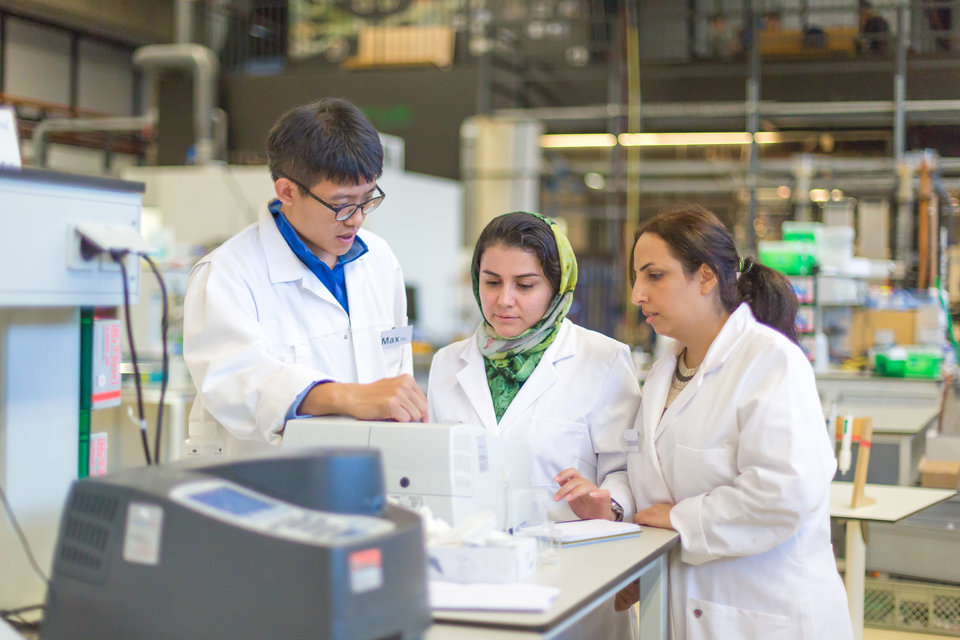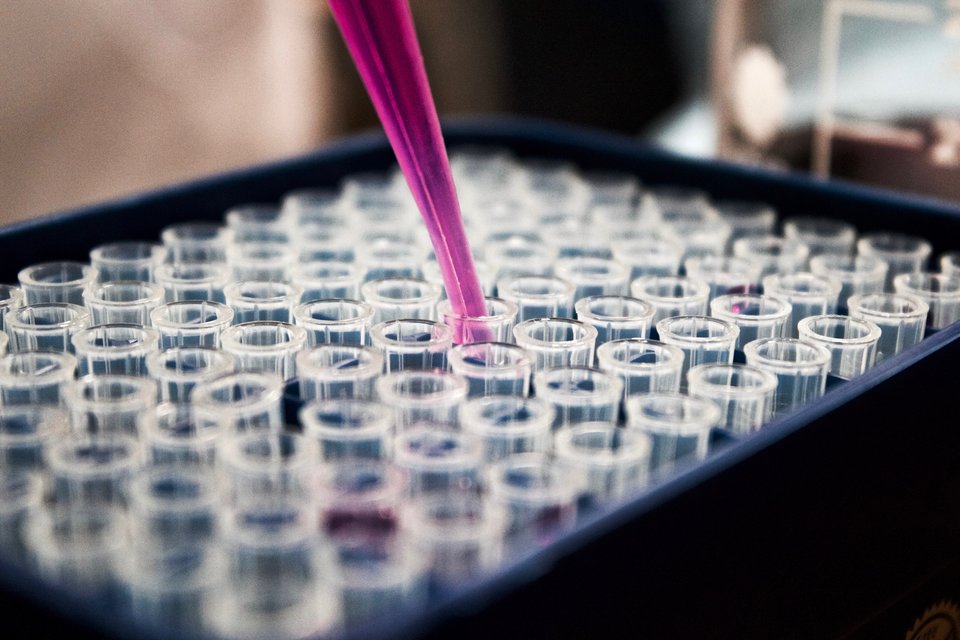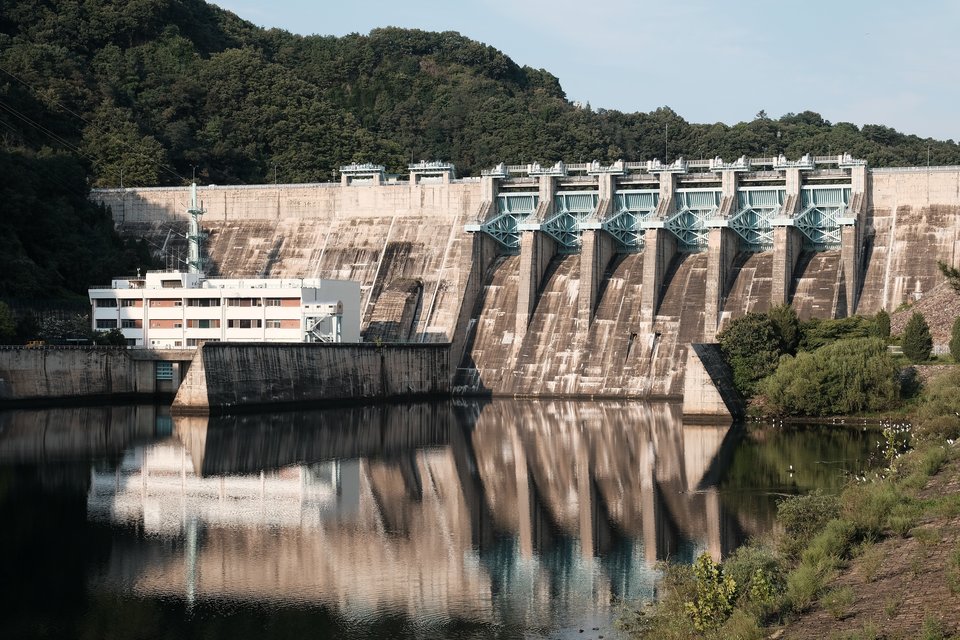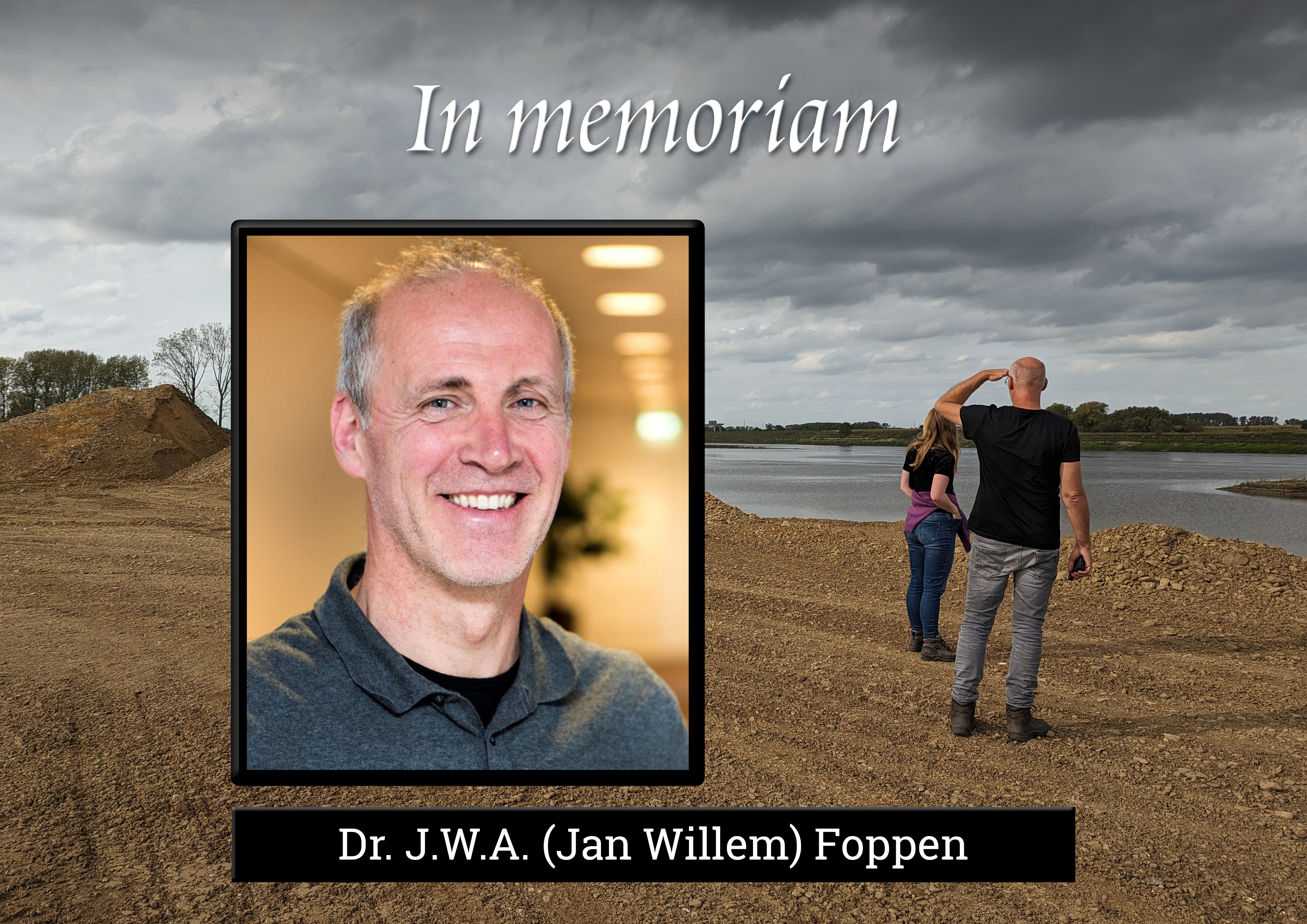Welcome
Department of Water Management
Water Resources
Studies issues like drought, precipitation, and floods, focusing on the flow of water above, on top, or below the earth surface - including how humans influence and use these flows. Research on relevant hydrological, hydraulic and management processes is used to design engineering interventions in water systems.Sanitary Engineering
Conducts research into the treatment and transport of drinking water, wastewater and industrial water: in other words the urban water cycle. The water quality and the extraction of raw materials, water, and energy from the water cycle is a particular area of focus.-
Within this theme, WM contributes to water and energy sustainability in cities and urbanising deltas. Research focuses on water reuse via treatment, and on operation and integrated planning of existing and new urban water infrastructure (water supply, sewers, nature-based urban drainage systems) in the face of climate change and urbanisation. WM also develops water-related solutions for the energy transition based on nutrient and energy recovery from (waste)water, aquifer thermal energy storage, sustainable heat grids, and smart operation of energy-intensive pumping in low-lying polder areas.
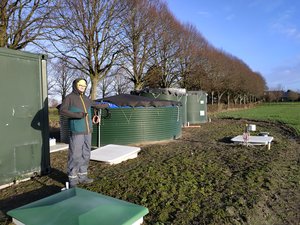
-
This theme focuses on protecting human health and the environment by reducing and managing risks associated with water pollution, landslides, floods, and failures in water infrastructure. WM develops new technologies for detecting and removing water contaminants in drinking water, sewage and groundwater, and works with stakeholders to measure and manage water pollution in river basins. WM research on forecasting water-related hazards, such as (flash) floods and landslides, and on early detection of cyber-attacks on urban water infrastructure, is used to develop early-warning systems.
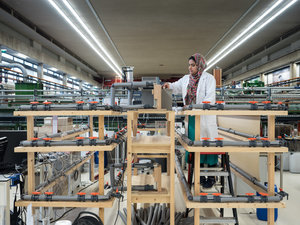
-
Research in this theme contributes to sustainable land and water resources management in the face of climate change. WM develops novel techniques for measuring and modelling hydrological processes, such as rainfall, evaporation, runoff, streamflow, and groundwater flow. These tools contribute to a better quantitative description of the hydrological cycle, facilitate flood and drought management in river basins, and support sustainable agriculture, e.g. by providing climate services that help farmers better anticipate droughts during the crop growing season.
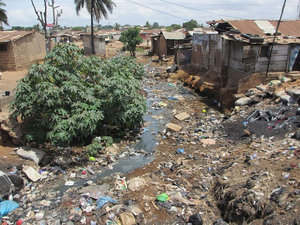
Dr. Jan-Willem Foppen (1965–2024)
A life dedicated to groundwater contaminant transport research & education
On June 24th, 2024 Jan Willem Foppen passed away at the age of 58. Jan Willem was a widely recognized and appreciated specialist on groundwater contaminant transport, especially of colloids, an excellent and beloved lecturer and mentor, and a dear friend to many in the hydrology community.











